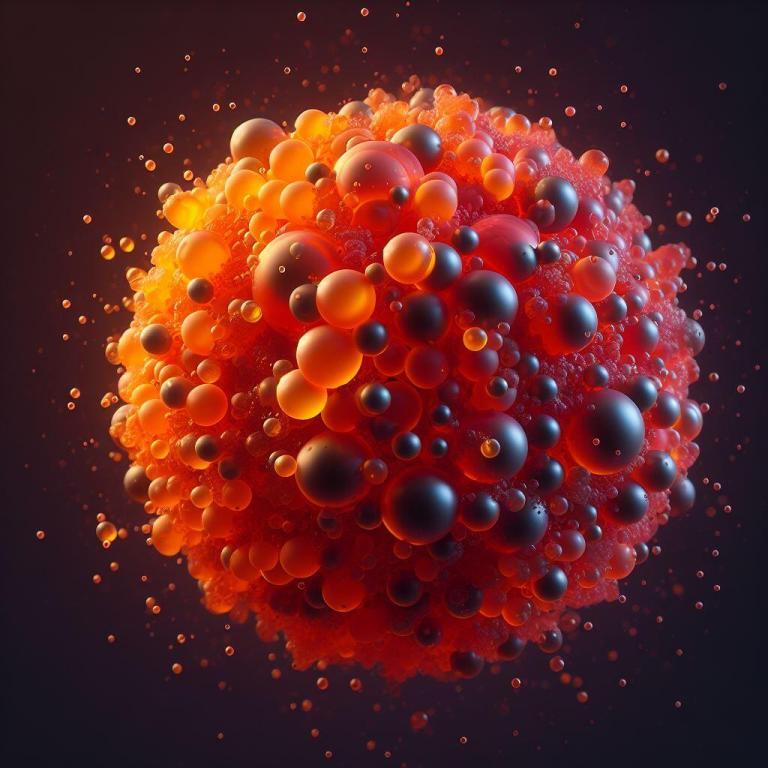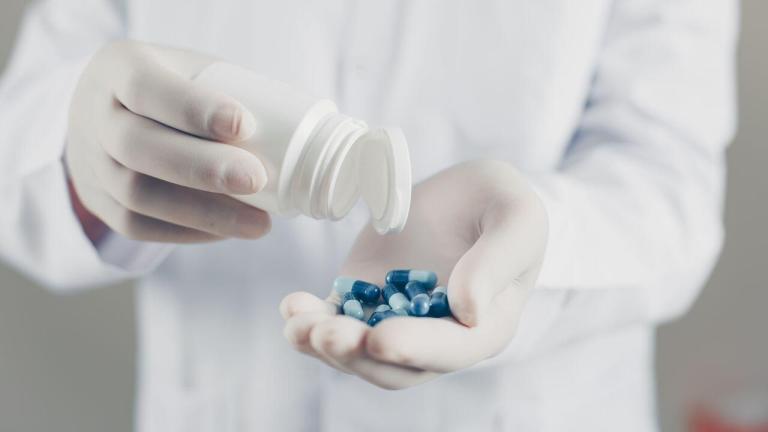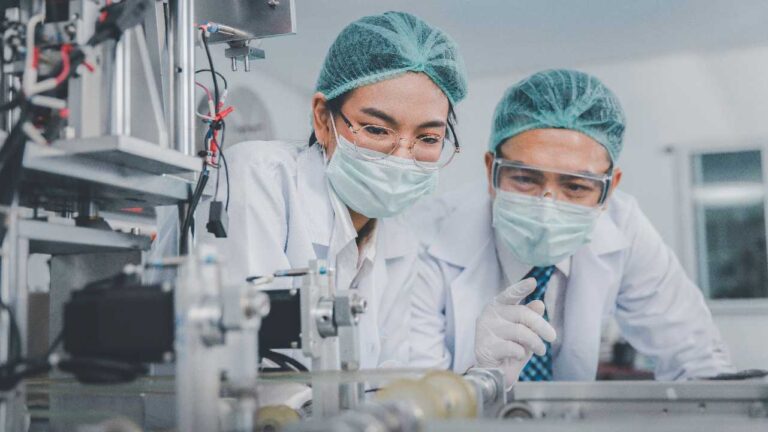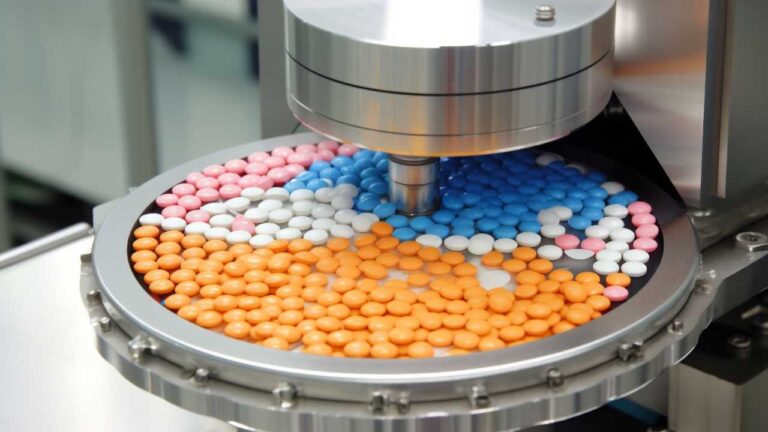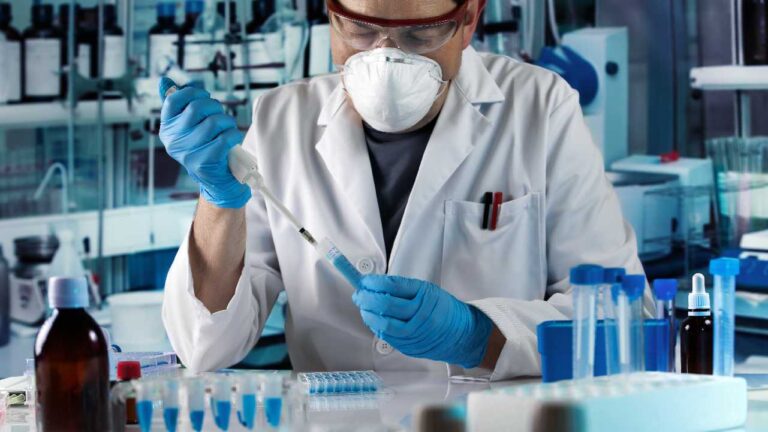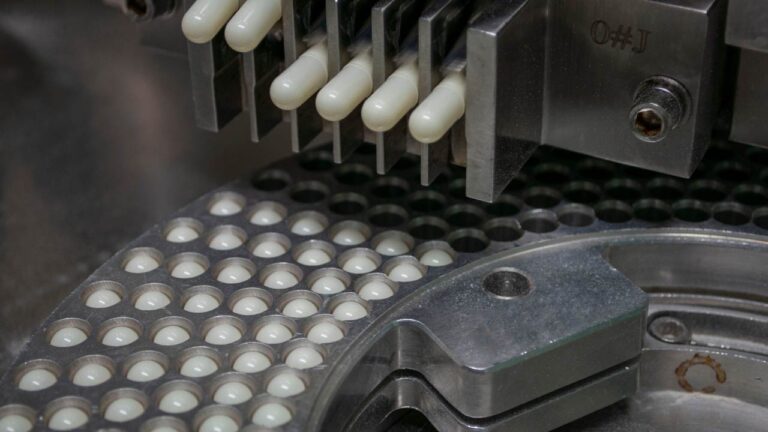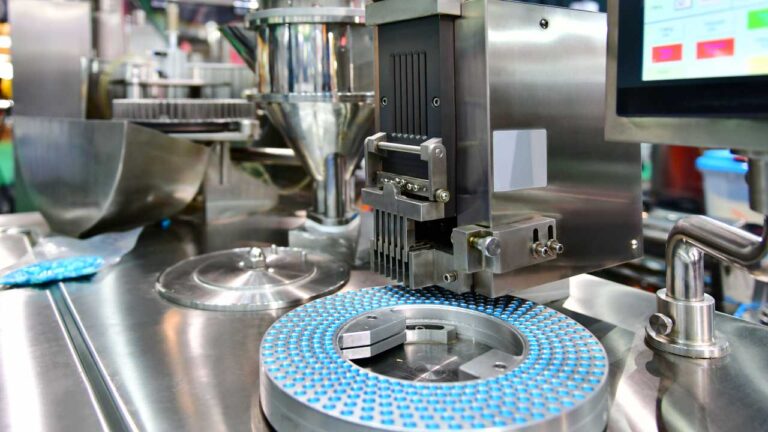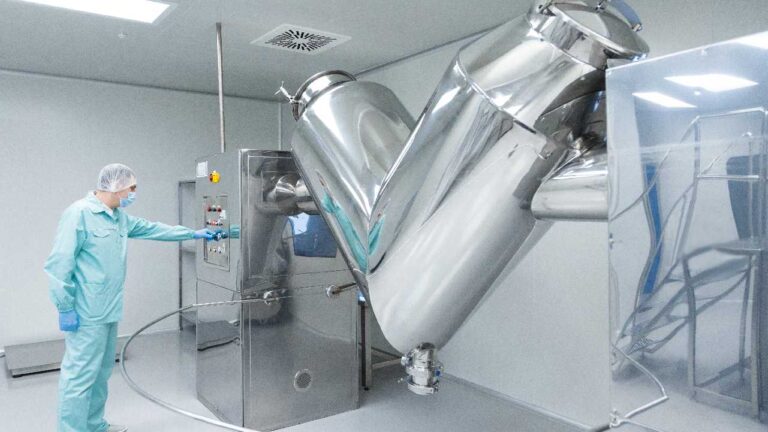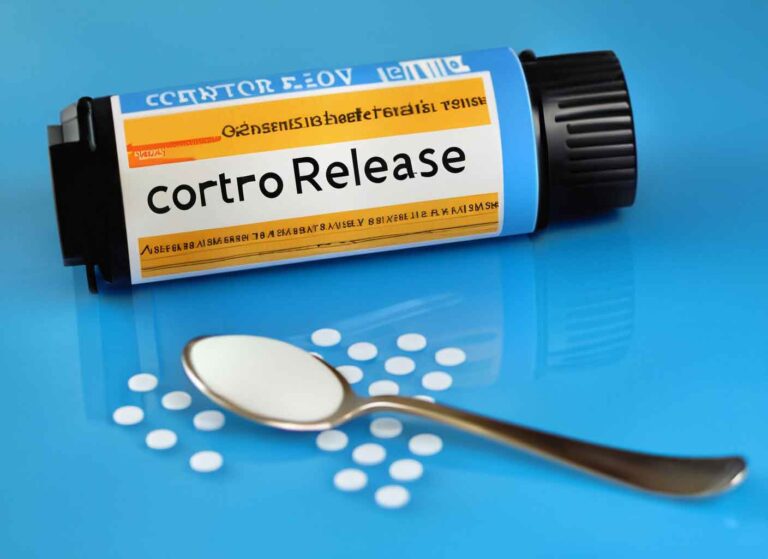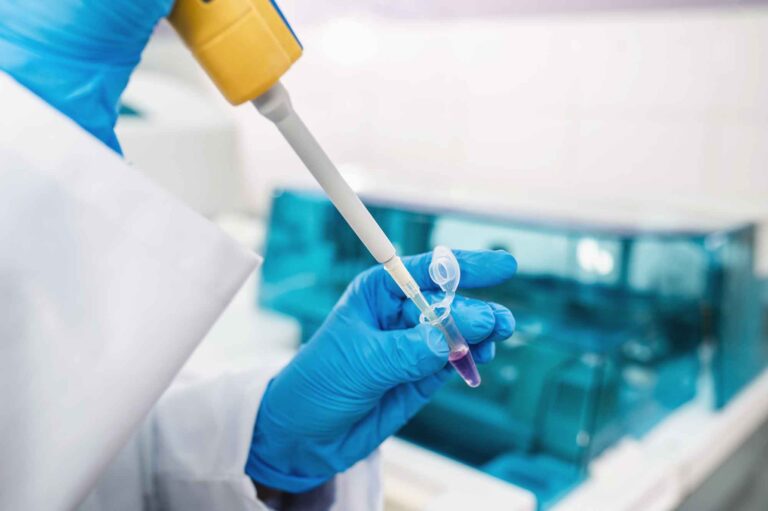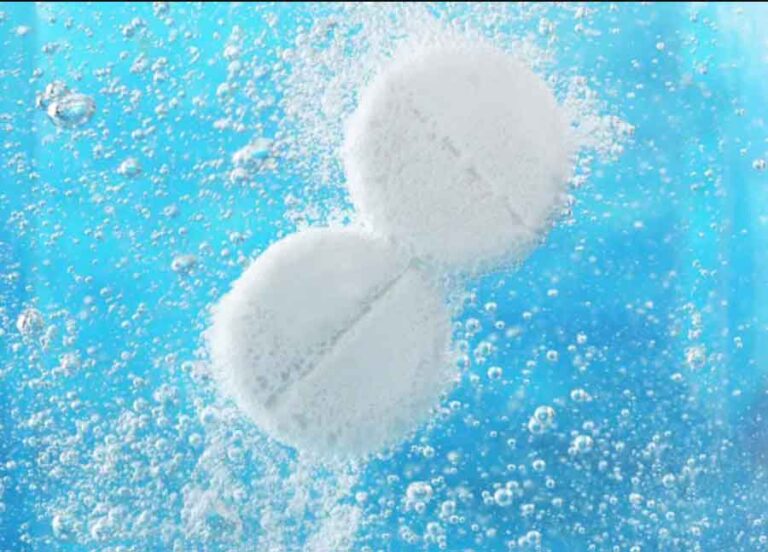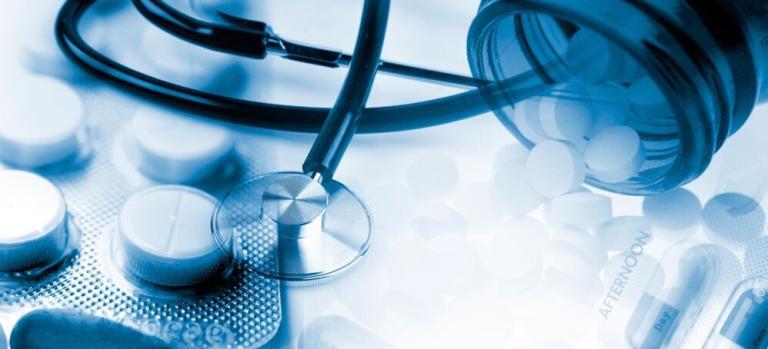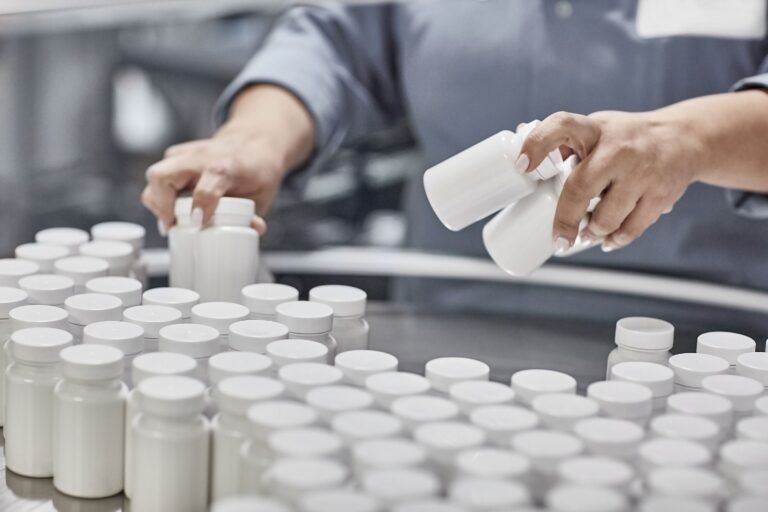We offer state of the art liposome formulation and manufacturing services. Our team of experts combines scientific expertise with state-of-the-art facilities to create liposomal drug delivery systems that enhance bioavailability, improve drug stability, and target specific tissues.
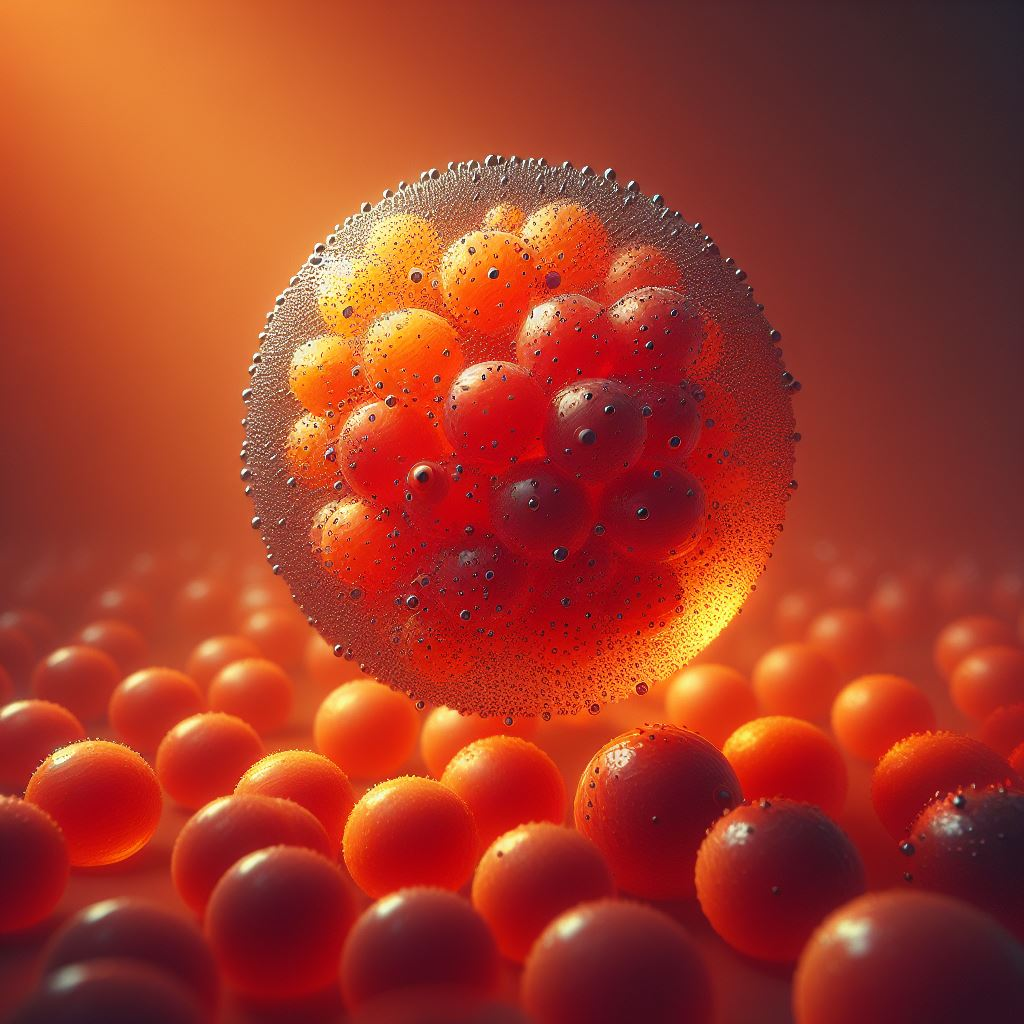
Types of Liposomes
- Conventional Liposomes: These classic phospholipid bilayer vesicles serve as versatile carriers. We meticulously optimize their size, charge, and composition to meet your specific requirements.
- PEGylated Liposomes: By incorporating polyethylene glycol (PEG) into the liposome surface, we enhance circulation time and reduce immune recognition. PEGylation ensures prolonged drug release and improved therapeutic outcomes.
- Stealth Liposomes: Similar to PEGylated liposomes, stealth liposomes minimize immune response and improve drug delivery efficiency. Their stealthy nature allows them to evade detection by the immune system.
- Nanoliposomes, also known as submicron bilayer lipid vesicles, represent a cutting-edge technology for encapsulating and delivering bioactive agents. These tiny lipid-based structures offer several advantages due to their unique properties:
- Biocompatibility: Nanoliposomes are biocompatible and biodegradable, making them safe for use in various applications.
- Nanosize: Their small size allows for efficient drug delivery and improved bioavailability.
- Cell-Specific Targeting: Nanoliposomes can be designed for precise targeting, minimizing adverse effects on healthy cells.
Comprehensive Liposome Services
Liposome Formulation
- Encapsulation: Our skilled scientists encapsulate both hydrophilic and hydrophobic drugs within liposomes. This tailored approach ensures efficient drug loading.
- Size Optimization: We precisely tailor liposome size to optimize drug delivery to target tissues.
- Surface Modification: Whether it’s PEGylation or other modifications, we enhance liposome stability and targeting capabilities.
Analytical Characterization
- Size Distribution Analysis: Using techniques such as dynamic light scattering (DLS) and nanoparticle tracking analysis (NTA), we assess liposome size distribution.
- Zeta Potential Measurement: Surface charge evaluation helps fine-tune liposome properties.
- Drug Loading Efficiency Assessment: We quantify drug encapsulation efficiency to ensure optimal therapeutic payloads.
Properties and Preparation
- Composition: Nanoliposomes consist of one or more concentric bilayers of phospholipids. These bilayers enclose hydrophilic and hydrophobic regions, creating a versatile structure.
- Incorporation of Bioactive Agents: Nanoliposomes can encapsulate a wide range of bioactive materials, including pharmaceuticals, cosmetics, and nutraceuticals.
- Stability: Their stability ensures sustained drug release over time.
Applications
Drug Delivery: Nanoliposomes enhance the performance of bioactive agents by:
- Improving solubility and bioavailability.
- Preventing unwanted interactions with other molecules.
- Achieving sustained release profiles.
Liposome Therapeutic Applications
Fungal Infections:
Nanoliposomes have emerged as promising carriers for antifungal drug delivery. Their small size enables efficient penetration into tissues, allowing targeted delivery to fungal pathogens. By encapsulating antifungal agents within nanoliposomes, we enhance drug stability, improve bioavailability, and minimize side effects.
Cancer Therapy:
Liposomes play a crucial role in cancer treatment. These tiny lipid vesicles can encapsulate chemotherapeutic drugs, allowing precise delivery to tumor sites while minimizing damage to healthy tissues. Advantages include improved drug bioavailability, reduced systemic toxicity, and protection from the acidic environment of the digestive tract.
Infectious Diseases:
Liposomal drug delivery systems are used to combat microbial infections. They can encapsulate antibiotics, antivirals, or antifungal agents. Targeted liposomal formulations enhance drug efficacy while minimizing side effects.
Ophthalmic Drugs:
Liposomes are explored for ocular drug delivery. They improve drug penetration into the eye and sustain drug release. Eye diseases such as glaucoma, macular degeneration, and infections benefit from liposomal formulations.
Anesthesia:
Liposomes can enhance the delivery of anesthetic agents. They prolong drug action and provide controlled release. Local anesthesia and pain management benefit from liposomal systems.
Vaccines:
Liposomes serve as vaccine carriers. They enhance antigen presentation and immune response. Liposomal vaccines are investigated for infectious diseases, cancer immunotherapy, and more.
Lung Disease:
Inhalable liposomal formulations target lung diseases such as asthma, chronic obstructive pulmonary disease (COPD), and infections. Liposomes improve drug deposition in the lungs.
Photodynamic Therapy (PDT):
Liposomes loaded with photosensitizers enhance PDT. They selectively destroy cancer cells upon light activation. PDT is used in cancer treatment and dermatological conditions.
Manufacturing Excellence
- GMP-Compliant Production: Our liposome manufacturing adheres to strict quality control standards, ensuring consistent and reliable results.
- Scale-Up Capabilities: From lab-scale to commercial production, we seamlessly transition liposome formulations.
- Sterile Filtration: Rigorous filtration processes maintain product safety and purity.
Why Choose Hycon?
- Decades of Expertise: Our seasoned team has decades of experience in liposome research and development.
- Tailored Formulations: We customize liposome formulations to align with your specific drug and therapeutic goals.
- Quality Assurance: Rigorous checks at every stage guarantee high-quality liposomal products.
- Confidentiality: Your proprietary information is treated with the utmost confidentiality.
-
Types of Liposomes
-
Comprehensive Liposome Services
-
Properties and Preparation
-
Applications
-
Liposome Therapeutic Applications
-
Manufacturing Excellence
-
Why Choose Hycon?
- Conventional Liposomes: These classic phospholipid bilayer vesicles serve as versatile carriers. We meticulously optimize their size, charge, and composition to meet your specific requirements.
- PEGylated Liposomes: By incorporating polyethylene glycol (PEG) into the liposome surface, we enhance circulation time and reduce immune recognition. PEGylation ensures prolonged drug release and improved therapeutic outcomes.
- Stealth Liposomes: Similar to PEGylated liposomes, stealth liposomes minimize immune response and improve drug delivery efficiency. Their stealthy nature allows them to evade detection by the immune system.
- Nanoliposomes, also known as submicron bilayer lipid vesicles, represent a cutting-edge technology for encapsulating and delivering bioactive agents. These tiny lipid-based structures offer several advantages due to their unique properties:
- Biocompatibility: Nanoliposomes are biocompatible and biodegradable, making them safe for use in various applications.
- Nanosize: Their small size allows for efficient drug delivery and improved bioavailability.
- Cell-Specific Targeting: Nanoliposomes can be designed for precise targeting, minimizing adverse effects on healthy cells.
Liposome Formulation
- Encapsulation: Our skilled scientists encapsulate both hydrophilic and hydrophobic drugs within liposomes. This tailored approach ensures efficient drug loading.
- Size Optimization: We precisely tailor liposome size to optimize drug delivery to target tissues.
- Surface Modification: Whether it’s PEGylation or other modifications, we enhance liposome stability and targeting capabilities.
Analytical Characterization
- Size Distribution Analysis: Using techniques such as dynamic light scattering (DLS) and nanoparticle tracking analysis (NTA), we assess liposome size distribution.
- Zeta Potential Measurement: Surface charge evaluation helps fine-tune liposome properties.
- Drug Loading Efficiency Assessment: We quantify drug encapsulation efficiency to ensure optimal therapeutic payloads.
- Composition: Nanoliposomes consist of one or more concentric bilayers of phospholipids. These bilayers enclose hydrophilic and hydrophobic regions, creating a versatile structure.
- Incorporation of Bioactive Agents: Nanoliposomes can encapsulate a wide range of bioactive materials, including pharmaceuticals, cosmetics, and nutraceuticals.
- Stability: Their stability ensures sustained drug release over time.
Drug Delivery: Nanoliposomes enhance the performance of bioactive agents by:
- Improving solubility and bioavailability.
- Preventing unwanted interactions with other molecules.
- Achieving sustained release profiles.
Fungal Infections:
Nanoliposomes have emerged as promising carriers for antifungal drug delivery. Their small size enables efficient penetration into tissues, allowing targeted delivery to fungal pathogens. By encapsulating antifungal agents within nanoliposomes, we enhance drug stability, improve bioavailability, and minimize side effects.
Cancer Therapy:
Liposomes play a crucial role in cancer treatment. These tiny lipid vesicles can encapsulate chemotherapeutic drugs, allowing precise delivery to tumor sites while minimizing damage to healthy tissues. Advantages include improved drug bioavailability, reduced systemic toxicity, and protection from the acidic environment of the digestive tract.
Infectious Diseases:
Liposomal drug delivery systems are used to combat microbial infections. They can encapsulate antibiotics, antivirals, or antifungal agents. Targeted liposomal formulations enhance drug efficacy while minimizing side effects.
Ophthalmic Drugs:
Liposomes are explored for ocular drug delivery. They improve drug penetration into the eye and sustain drug release. Eye diseases such as glaucoma, macular degeneration, and infections benefit from liposomal formulations.
Anesthesia:
Liposomes can enhance the delivery of anesthetic agents. They prolong drug action and provide controlled release. Local anesthesia and pain management benefit from liposomal systems.
Vaccines:
Liposomes serve as vaccine carriers. They enhance antigen presentation and immune response. Liposomal vaccines are investigated for infectious diseases, cancer immunotherapy, and more.
Lung Disease:
Inhalable liposomal formulations target lung diseases such as asthma, chronic obstructive pulmonary disease (COPD), and infections. Liposomes improve drug deposition in the lungs.
Photodynamic Therapy (PDT):
Liposomes loaded with photosensitizers enhance PDT. They selectively destroy cancer cells upon light activation. PDT is used in cancer treatment and dermatological conditions.
- GMP-Compliant Production: Our liposome manufacturing adheres to strict quality control standards, ensuring consistent and reliable results.
- Scale-Up Capabilities: From lab-scale to commercial production, we seamlessly transition liposome formulations.
- Sterile Filtration: Rigorous filtration processes maintain product safety and purity.
- Decades of Expertise: Our seasoned team has decades of experience in liposome research and development.
- Tailored Formulations: We customize liposome formulations to align with your specific drug and therapeutic goals.
- Quality Assurance: Rigorous checks at every stage guarantee high-quality liposomal products.
- Confidentiality: Your proprietary information is treated with the utmost confidentiality.
Related Services




FAQs
Here are some frequently asked questions about Liposomes
.
Liposomes are spherical vesicles with a phospholipid bilayer, similar to cell membranes. They encapsulate drugs, improving stability and bioavailability. Hycon utilizes liposome technology to enhance the delivery of various pharmaceuticals, ensuring targeted and efficient drug release.
At Hycon, we offer comprehensive CDMO services that streamline the development process. From preformulation to clinical formulations, our expertise in liposome technology can cut significant time from your development and production phases, ensuring a faster time-to-market.
We employ advanced techniques for liposome formulation, including proprietary methods that allow precise control over particle size and release profiles. This positions Hycon as a leader in creating customized liposome-based solutions that meet specific therapeutic needs.
Yes, we can. Our state-of-the-art facilities and experienced team are equipped to seamlessly transition from small-scale batches to commercial quantities, maintaining the integrity and quality of your liposome formulations throughout the scale-up process.
Absolutely. We navigate the complex regulatory landscape to ensure global compliance, streamline approvals, and support the product lifecycle with strategic regulatory planning and quality assurance.
Hycon’s liposome technology is versatile, capable of encapsulating a wide range of APIs, including hydrophilic and hydrophobic compounds, nucleic acids, and highly potent substances, to meet diverse therapeutic demands.
Quality assurance is paramount at Hycon. We adhere to stringent industry standards, employing over 150+ analytical scientists to provide comprehensive testing, method development, and validation for quality and compliance.
We seek partnerships with companies interested in developing liposome formulations, requiring process development, analytical development services, or GMP manufacturing capabilities for liposome drug products.
Initiating a project is simple. Contact us to discuss your specific needs, and our team will guide you through our tailored CDMO services, ensuring a successful partnership and the advancement of your liposome-based therapies.


